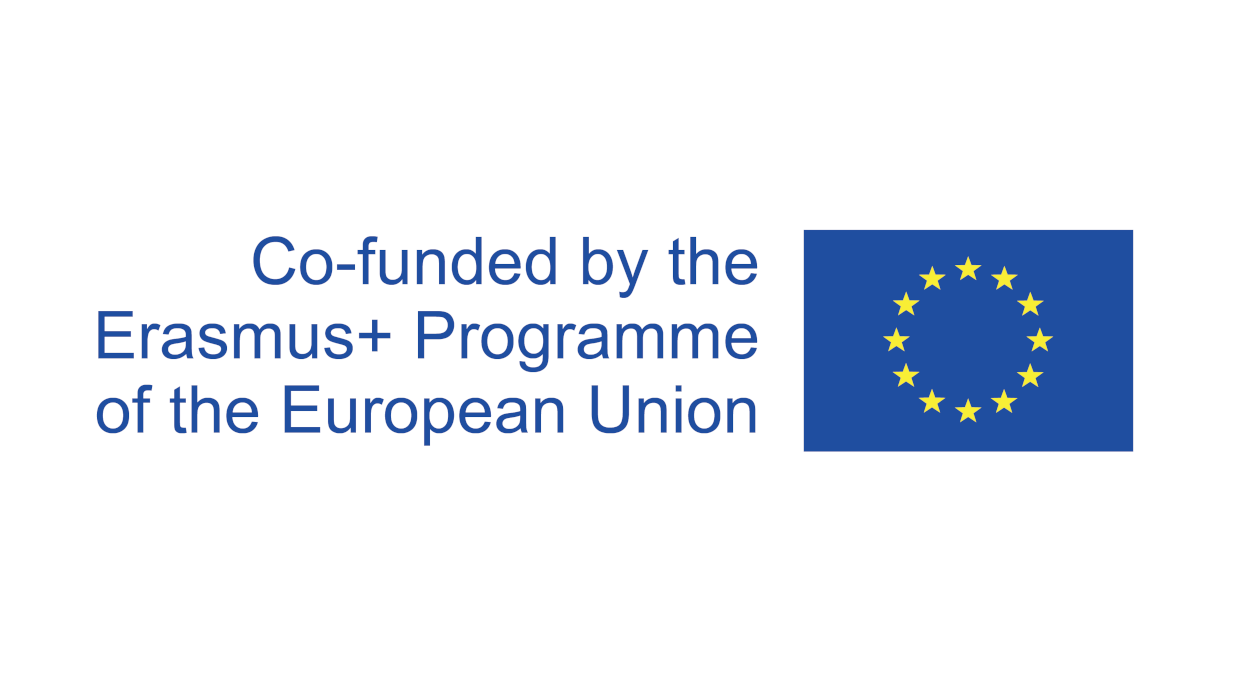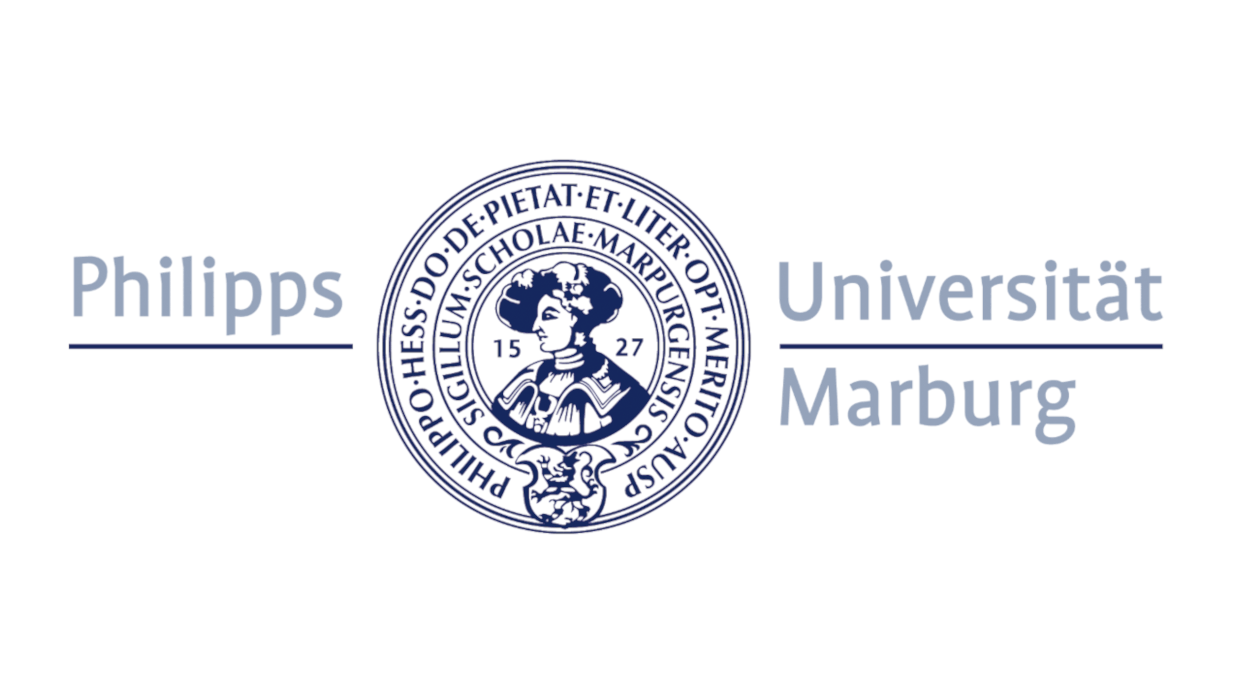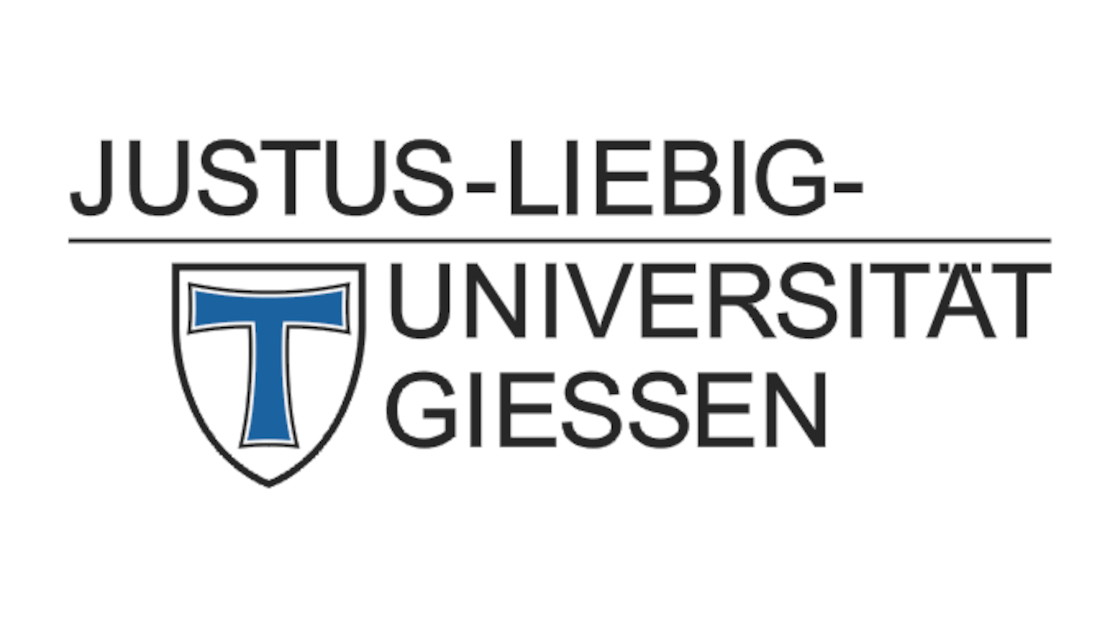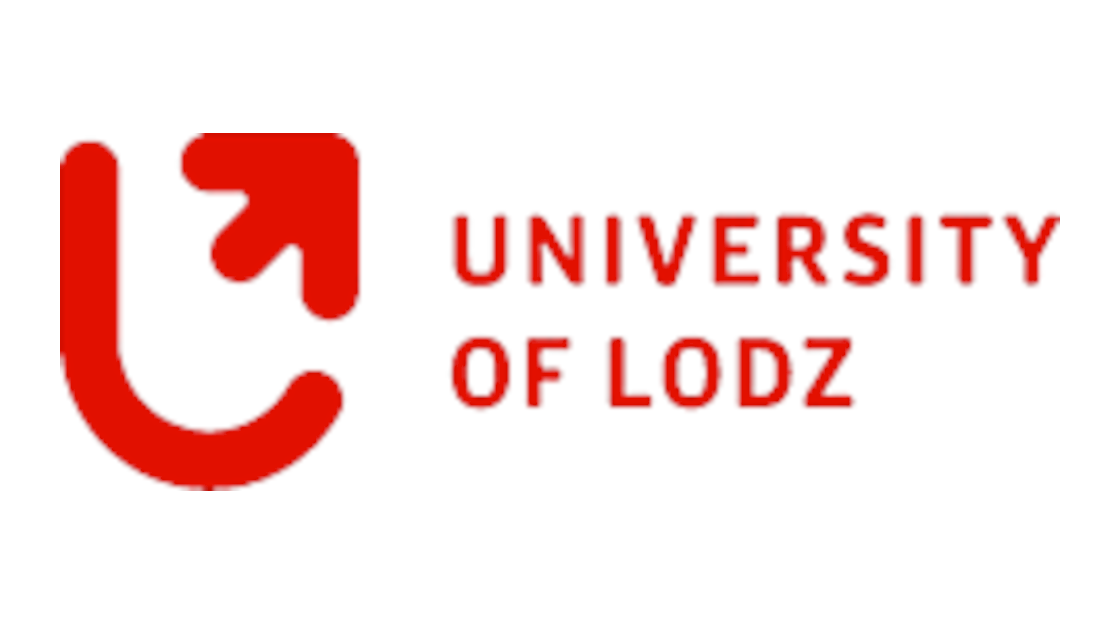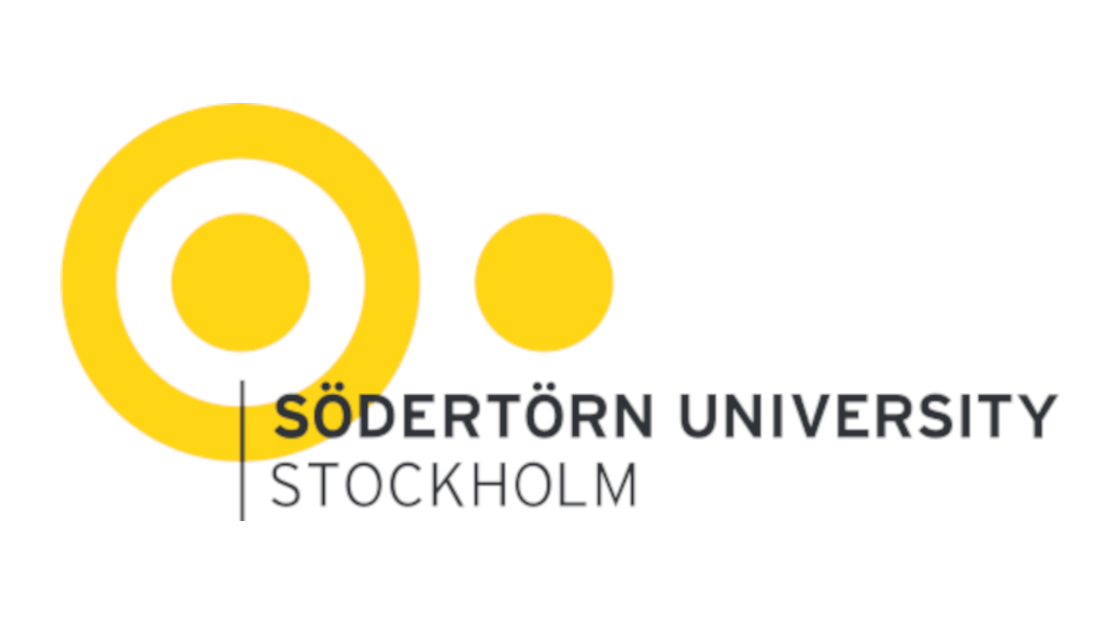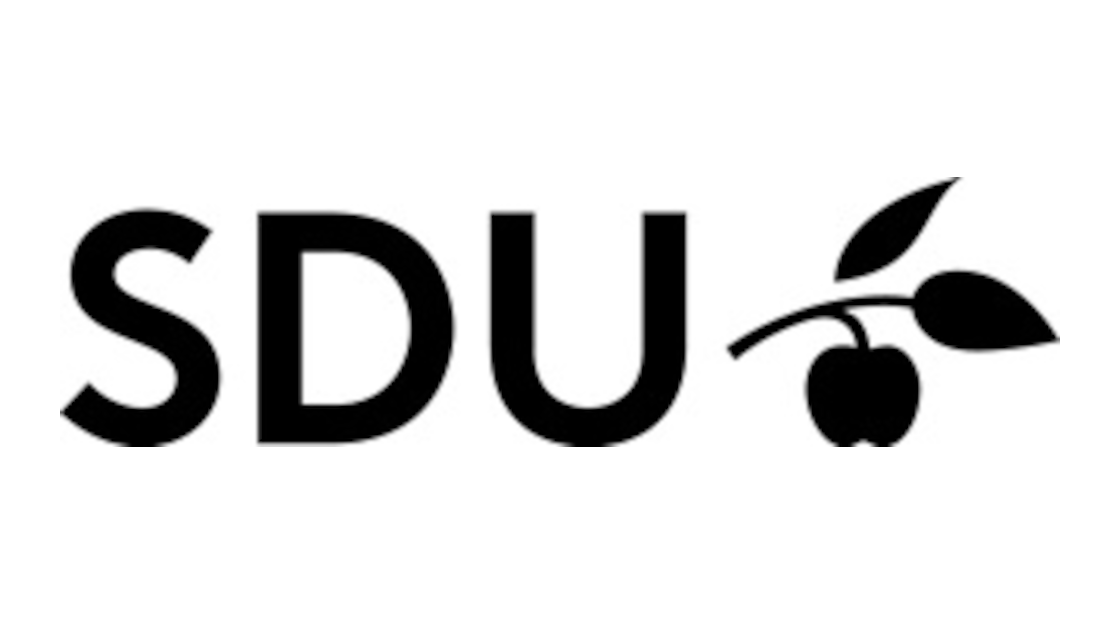Main Content
SHARINPEACE Cooperation Partners
Inhalt ausklappen Inhalt einklappen Justus-Liebig-Universität Gießen (Germany)
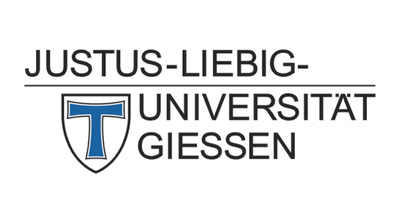
Justus-Liebig-University Giessen (JLU) is a comprehensive research university with about 28.000 students and about 5.700 employees, around 400 of which are professors. It has eleven faculties, nine interdisciplinary scientific centres, and over 90 degree courses, eight of which are taught in English. Approximately 10% of JLU’s students are international, the number increasing with level of study: of all PhD-students enrolled at JLU, 40% are international. With over one hundred partnership agreements worldwide and more than 200 Erasmus bilateral agreements, JLU is, by default, familiar with the professional implementation of student and staff exchange.
JLU is the lead coordinator of the German-Colombian Peace Institute (CAPAZ), situated in Bogotá. CAPAZ is a unique cooperation platform between Germany and Colombia, which promotes the exchange of knowledge and experience on topics of peace work by building networks between universities, research centres, civil society organisations and government institutions. As an active interface between science and society, it deals with crosscutting issues, implementing transnational and multidisciplinary activities with direct and lasting outreach to the civil society. CAPAZ provides and coordinates educational offers and research projects to support governments and civil society in the peace process and thus facilitates access to peace research worldwide.Inhalt ausklappen Inhalt einklappen Philipps-Universität Marburg (Germany)

Today, looking back on almost 500 years of higher education, Philipps-Universität Marburg (UMR) is a modern, research-oriented university offering a broad range of study subjects and degrees. In 16 departments, 360 professors and approximately 2.400 scientists (4.600 academic and non-academic employees in total) conduct research and teach approx. 26.000 students. UMR is an international and cosmopolitan university. It pursues its internationalisation with the aim of improving the quality of research and teaching, ensuring the international employability of its graduates and increasing its competitiveness in international and national comparison as well as its international visibility.
The Center for Conflict Studies (CCS) at UMR is a multidisciplinary unit. The work of the CCS is currently represented by 70 people; including all scientific personnel from professors to student assistants. The CCS offers a minor in peace and conflict studies for undergraduate students as well as two MA programmes. In its research, the CCS primarily focusses on policies of post-conflict peacebuilding and transitional justice, on memory politics, on dynamics of polarisations, and on human rights in peace and conflict. In addition, CCS provides the core concept behind SHARINPEACE: The “Konfliktinterventionssimulation” (Conflict Intervention Simulation) is an award winning teaching and learning format based on the principles of simulation-based learning, which is conducted annually.Inhalt ausklappen Inhalt einklappen Södertörns Högskola (Sweden)

Södertörn University (SH) is a young university, with a strong focus on multidisciplinarity. With five schools and seven research centres, it offers education and conducts research in the humanities, the social sciences, technology and natural sciences, often with a multidisciplinary and intercultural profile, and collaborates with the surrounding community for sustainable societal development. SH offers high quality education in 82 degree programmes, and covers disciplines such as political science, journalism, the study of religions, aesthetics, environmental science, police education, social work with an urban profile and teacher education with an intercultural profile. More than a hundred courses and 13 MA programmes are offered in English. SH has about 12.800 students and approximately 1.000 staff, of which almost 90 are full professors.
At SH, the subject of Political Science and International Relations at the School of Social Sciences integrates research and teaching at all levels. All educators are also active researchers. Research interests are centred on the following areas of interests, bringing an essential added value to the project: institutions (parties, states, organisations and regions); ideas (power, democracy, justice, expertise and technology); identity (migration, ethnicity, nationalism and minorities). Political Science and International Relations are two distinct undergraduate subjects at SH. In respect to both teaching and research, however, they are closely integrated. Learners can take freestanding courses and choose to specialise in Political Science within various study programmes, such as the Europe Programme and the International Migration and Ethnic Relations (IMER) and within teacher training. The MA degree in Political Science is taught in English and focuses on democratic governance, and includes courses on democratic citizenship and the organisation of European space.Inhalt ausklappen Inhalt einklappen Syddansk Universitet (Denmark)

The University of Southern Denmark (SDU) is the 3rd largest university in Denmark. SDU welcomed the first students onto its campus in Odense in September 1966, and things have been developing by leaps and bounds ever since. SDU has five faculties with more than 27,000 students, almost 20% of whom are from abroad, and more than 3,800 employees. SDU's vision and mission have been combined into a single fundamental strategic narrative: “We want to create value for and together with society by working with the UN’s SDGs; we want to develop talents that encourage unique, innovative solutions for the benefit of a sustainable world; and we will contribute to breaking down barriers and shaping a sustainable future”.
The Centre for War Studies (CWS) of SDU brings together academics from political science, law, history, and culture to contribute to the major debates on the past, present, and future of war, and its impact on societies. CWS strives for interdisciplinary research that is relevant to policy-makers and the society at large. Its research activities are organised around four thematic research streams, which investigate the deep connections between war, politics, and society from the different angles of technological innovation, cultural representations, practices of use of force, and international institutions.Inhalt ausklappen Inhalt einklappen Univerzitet Singidunum/ Faculty of Media and Communications (FMK) (Serbia)

Singidunum University (SU) is a private higher education institution, which offers undergraduate, master and doctoral studies in three scientific fields – social sciences and humanities, technical sciences, and natural sciences and mathematics. With around 12.000 enrolled students and over 300 teaching staff, it is the largest private university in Serbia. The first faculty was founded in 1999 and the university itself was established in 2005. SU now consists of nine faculties. The curricula and study programmes were designed in line with European universities and college models, whilst relying on Serbian education system best practices.
The Faculty of Media and Communications (FMK) founded in 2006, is a private institution of higher education and independent legal entity affiliated with SU. FMK is accredited to offer BA, MA, and doctoral degrees in the following fields: media and communication studies, digital arts, psychology, social work, political study, and humanities. The work of lecturers who are also active at the Center for Comparative Conflict Studies (CFCCS) is part of the politics department and concerns research projects as well as teaching in the domain of critical peace and conflict studies. Since 2010, CFCCS has offered an International Summer School in Comparative Conflict Studies, which places the Western Balkans and Southeast Europe in a broader comparative context of the world today.Inhalt ausklappen Inhalt einklappen Uniwersytet Lodzki (Poland)

The University of Łódź (UL) is a public research university with 13 faculties offering a broad range of disciplines in its teaching and research activities, from natural and life sciences to social sciences and humanities. It has 26.000 students, 2.300 of which are international, and 2.200 academic staff. UL puts great importance on its international relations. It cooperates with over 250 partner institutions from all over the world within institutional bilateral agreements. A range of bachelor, master, and postgraduate programmes held in English as a language of instruction are offered to Polish and overseas students. In its strategy, UL focuses on developing strong partnerships that foster long lasting and deep relationships worldwide.
The Faculty of International and Political Studies is a young, dynamic faculty examining politics and international relations from an interdisciplinary perspective. The faculty offers the following study programmes: Political Science, International Relations, International Marketing, National Security, and International Cultural Studies. The vast teaching experience in these fields will be of high value for the conception of the joint online module. The Center of Migration Studies (CMS) was established at the beginning of 2020 as a research unit of UL at the Faculty of Economics and Sociology. It comprises of academics representing different disciplines: demography, economics, sociology, social geography, legal studies etc. The goals of the CMS include interdisciplinary studies on all aspects of human migration carried out using various theoretical and methodological perspectives.
